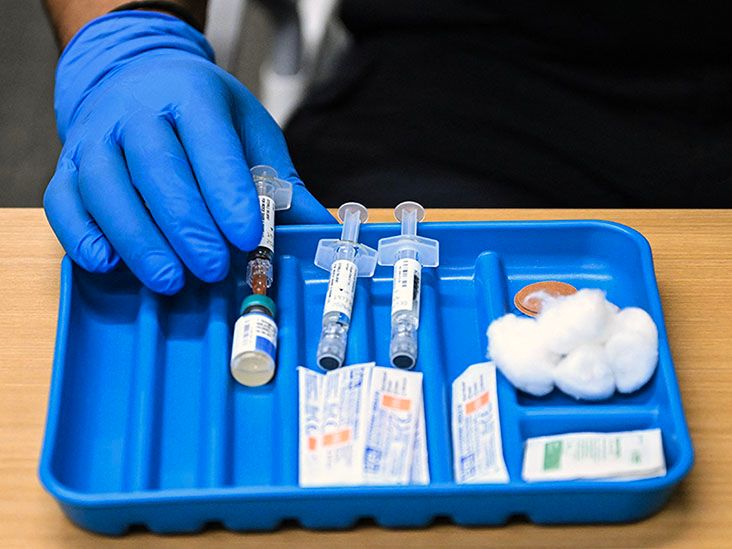People may experience frequent urination before a period due to hormonal changes. Frequent urination may also be a sign of an underlying issue, such as a urinary tract infection (UTI) or an overactive bladder.
Changes in hormones and chemicals, such as progesterone and prostaglandins, may increase the need to urinate before a period. For some people, this may be a normal part of the menstrual cycle.
However, frequent urination may also indicate a UTI, an overactive bladder, or early pregnancy. This article looks at possible causes of frequent urination before a period and lists tips for managing this issue.

Some people may experience an increased need to urinate before a period. This may happen for the following reasons:
Hormonal changes
Hormonal changes before a period may increase urination frequency.
Progesterone levels
Prostaglandins
Prostaglandins are hormone-like chemicals that cause the blood vessels and muscles of the uterus to contract. Before a period, the lining of the uterus breaks down and releases prostaglandins.
Prostaglandins
Fluid retention
Changes in hormone levels before a period may cause fluid retention. This retention can affect urination frequency due to the body eliminating excess fluid buildup.
Increased progesterone levels in the luteal phase may cause fluid retention, as progesterone activates aldosterone, which regulates water and salts in the kidneys.
Some people may experience raised aldosterone levels and sodium retention during the middle of the luteal phase, particularly if they have a high intake of sodium.
Read about high sodium levels.
UTI
A UTI is a bacterial infection of the urinary tract, which includes the kidneys, ureters, urethra, and bladder.
A UTI can cause frequent urination and the urge to urinate even after emptying the bladder. Other symptoms include:
- pain or a burning sensation when urinating
- cramping in the lower abdomen or groin
- blood in the urine
Menstruation may link to a risk of UTIs due to changes in the microbiota of the vagina.
Overactive bladder
Frequent urination may be a sign of an overactive bladder, which affects bladder function.
People may experience the following symptoms of an overactive bladder:
- frequent urination
- a sudden urge to urinate, even when the person has urinated recently
- urinary incontinence
- nocturia, which is waking up in the night more than once to urinate
Early pregnancy
Frequent urination can be a sign of early pregnancy. This is due to increased levels of progesterone, as well as the expansion of the uterus, which presses on the bladder.
Other signs of early pregnancy include:
- a missed period
- light bleeding or spotting
- cramping in the lower abdomen
- fatigue
- tender breasts
- nausea or vomiting
- mood swings
- food cravings
- changes in taste or smell
Signs a period is coming may include premenstrual syndrome (PMS) symptoms, such as:
- cramping in the lower abdomen or back
- bloating
- skin breakouts
- tiredness
- changes in mood
- sore or tender breasts
People may find the following tips helpful for managing frequent urination before a period:
Track the menstrual cycle
Tracking the menstrual cycle may help people anticipate an increase in urination frequency. People may want to use a journal, calendar, or app to track their cycle and symptoms.
Stay hydrated
Drinking large amounts of fluid at once may trigger the release of fluids in urine to prevent an excess of water in the body. People may find that drinking small amounts of water throughout the day helps them stay hydrated but urinate less.
It may also be helpful to avoid the following:
- salty foods, as excess sodium may contribute to fluid retention
- diuretics, such as caffeinated foods and drinks, which are substances that cause the kidneys to produce more urine
Strengthen the pelvic floor
If people also experience urinary incontinence, exercises to strengthen the pelvic floor may help. People can talk with a doctor to see if Kegel exercises may benefit them.
People will need to contact a doctor if they have symptoms of an overactive bladder, a UTI, or kidney infection.
Signs of kidney infection include:
- fever
- chills
- nausea and vomiting
- pain in the side of the back or the lower back
Frequent urination before a period may be part of a normal menstrual cycle for some people.
In other cases, it may be a sign of a condition such as an overactive bladder or a UTI. In
Read about treating an overactive bladder.
Changes in hormones before a period may affect the bladder and fluid balance within the body, which may cause people to urinate more frequently than normal.
In some cases, frequent urination may be a sign of a UTI, an overactive bladder, or early pregnancy. People who have any symptoms of an infection or an overactive bladder should contact a doctor.


